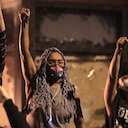
Dismantle Racial Capitalism
The COVID crisis has cast into stark relief what has always been true: the wealth and prosperity of the U.S. economy rests on the labor, and the lives, of black and brown people.


The COVID crisis has cast into stark relief what has always been true: the wealth and prosperity of the U.S. economy rests on the labor, and the lives, of black and brown people.
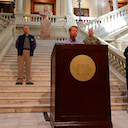
Conservative state governments are rolling back local public health initiatives, intentionally putting their citizens in harm’s way.

We need a health system where the distribution of infrastructure and resources is not left to the dictates of the market, but rationally planned according to the needs of communities—and the certainty of future disasters.

The conservative response to COVID-19 has been defined by its heterogeneity: a blur of contradictory recriminations, confirmation biases, and conspiracy peddling.
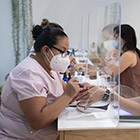
Salon technicians are struggling to balance safety precautions with the inherently intimate nature of their work.
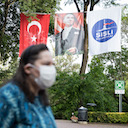
The COVID-19 crisis has given autocrats an excuse to expand and deepen their power—while making the spread of the pandemic worse.
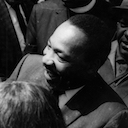
Despite the outpouring of praise for essential workers during the COVID-19 pandemic, their own interests continue to come second to the broader public’s need for cheap and reliable labor.

As the 2008 financial crisis made clear, without major change at the European level, social democratic responses to the coronavirus crisis will be out of reach for many countries across the continent.
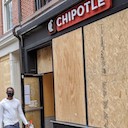
While the company boasted that it would donate $1 million to fight racism, workers argue it is perpetuating racial injustice by mistreating its many Black and Latinx workers.
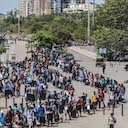
For many people, the world has ended again and again.

The White House recently announced plans to restrict migrant work programs. J-1 visa holders already working without labor protections now face an even more precarious future.

Absent a sufficient level of density to carry the swing states, unions are seeking to turn out not just their own members but sympathetic communities as well.
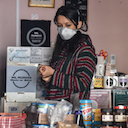
Community care as formal employment seems necessary in the face of a disaster-prone future. It could also feel a lot better than any large-scale employment on the table now.
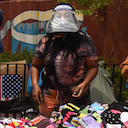
Recent policy changes in New York City promise to reduce police harassment of vendors, but they are struggling months into the pandemic.
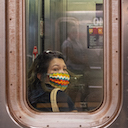
The center may lack imagination and moral vision, but it has one weighty advantage: we all live in the world it built.